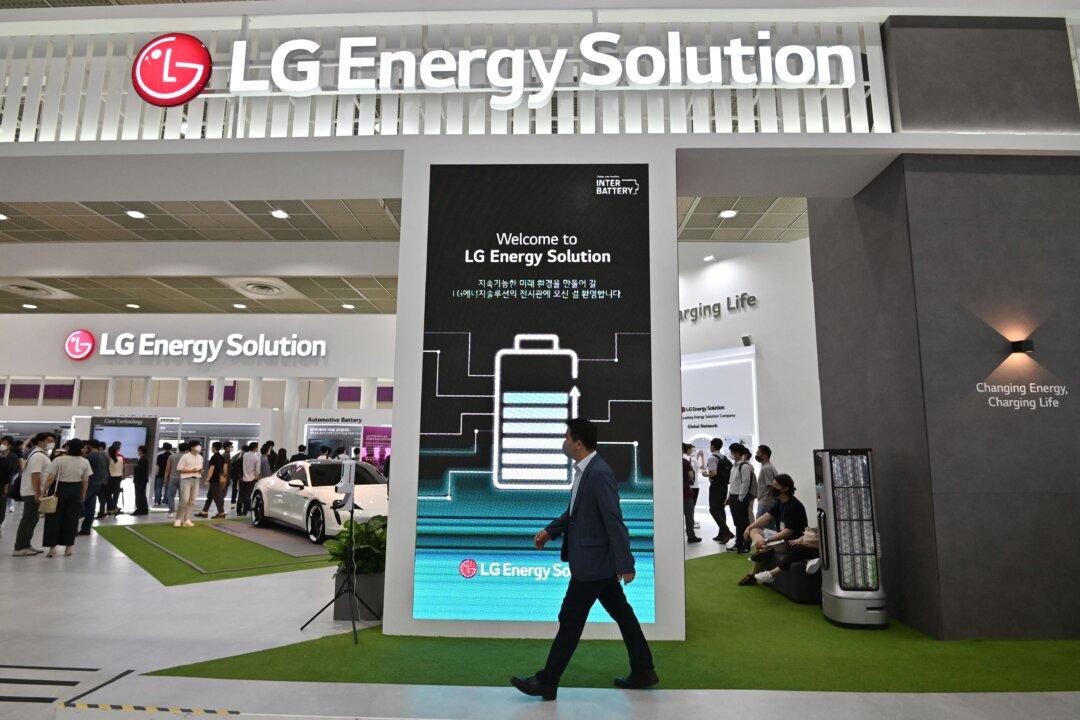New Analysis
Faced with rising raw material costs and poor logistics, major South Korean firms have accelerated their expansion of production bases worldwide to reduce over-reliance on China.

Faced with rising raw material costs and poor logistics, major South Korean firms have accelerated their expansion of production bases worldwide to reduce over-reliance on China.